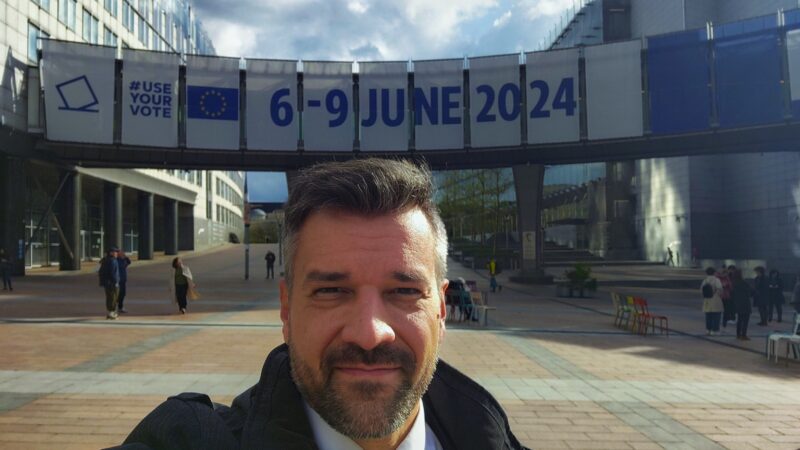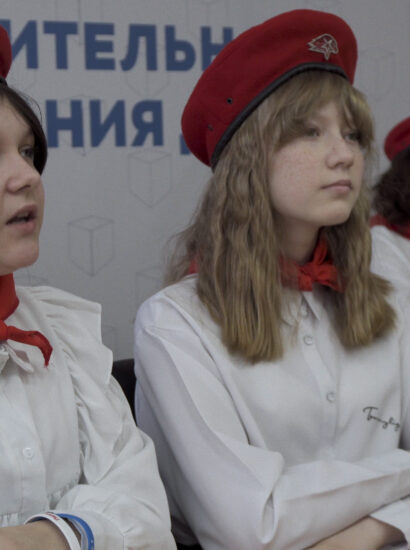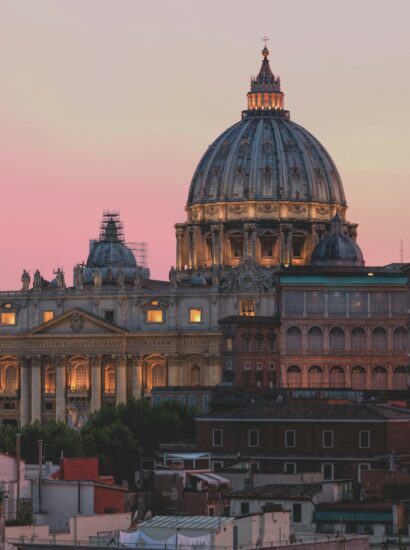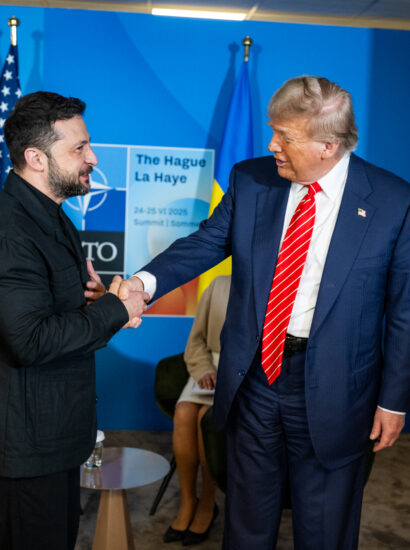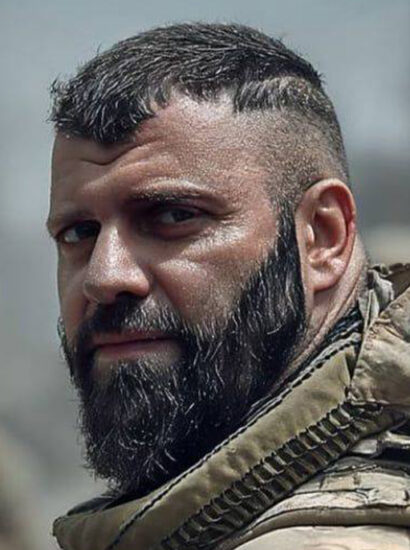Hungary has been growing economically since 2010. Several German and Chinese companies decided to invest in the country, what are the incentives?
Hungary has had record years recently with regards to Foreign Direct Investment. This is thanks to investments from both western companies and Asian companies. The German car industry has had a very strong and growing presence for many years now. In recent years Korean and Chinese companies, including major battery manufacturers and the largest Chinese auto-maker, BYD have decided to set up production in Hungary.
We incentivize them to choose Hungary for their investments because the top European automakers are already in Hungary. We want to make Hungary the place where eastern and western companies meet, invest and cooperate. This is something they also want: partners who are close, even if they are also competitors.
Hungary is also trustworthy. Investors know that we have a stable government and a majority in parliament, therefore we can deliver on our promises.
Hungary is also one of the countries promoting family protection. What are the main measures and why have they decided to address the issue?
Demographic decline is a major problem of Western societies and increasingly a global problem. Ageing societies mean a significant challenge for social security, healthcare services, the pension system, the labour market, etc. Many Western European countries decided to fix the symptom instead of the problem. They have been importing people for decades, while ignoring the damage they do to emitting countries via brain drain, to their own countries via cultural transformation, social tension and failed integration.
We do not want to replicate this. We have the advantage of seeing into the future, to see what the consequences are decades later. So instead, we try to incentivize couples to get married and have children. This includes a long list of measures from family tax benefits to benefits helping young couples to home ownership. This has worked well, but we are still below a replacement level fertility rates. The pandemic, the war, the inflation, and the economic difficulties made couples think twice before deciding to start a family. This is national competence but we must recognize that this is a common cultural challenge to Western societies. In the media, we hear a lot about environmental awareness and sustainability, and responsibility for the world which we leave behind for future generations. But why is it that we don’t care about the sustainability and the future of our societies? What people do we raise for the future, and what values do we transfer?
Moving on to a European topic. What can we expect from the Hungarian presidency of the EU?
Honesty and a focus on European interests. Prime Minister Viktor Orban was never shy about expressing his opinion and was never afraid of political and media attacks.
The outcome of the war in Ukraine will determine the fate of Europe. Yet, we have no strategy.
The US strategy regarding the Ukraine war has failed. And the European Commission blindly followed Biden’s Ukraine policy. Now that the Biden administration and his re-election campaign have imploded, we can clearly see that there is no sovereign EU strategy about Ukraine. We cannot even define our own interests. Sanctions, announced by Presidents Joe Biden and Ursula von der Leyen were meant to stop or at least economically break Russia. Two years and 14 sanctions packages later we now know that they have failed. Do you remember the grand promises of helping Ukraine “to victory”? The big counter-offensive of 2023? Wishful thinking is not a strategy.
What we have seen since Russia’s invasion of Ukraine is that there are no winners in this war. Only losers.
Prime Minister Orbán is trying something new. He is trying to get the players to end the war at the negotiating table instead of the battlefield. But it is difficult even to get them to talk to each other, let alone arrive to an agreement. His efforts are viciously attacked as anti-European. But European integration was started after the Second World War specifically to settle conflicts at the negotiating table instead of the battlefield. That is the true European idea. Let’s hope Viktor Orban’s efforts get things moving diplomatically. The attention is there, the novelty is there and that is more than what we have seen from any of the previous presidencies. And of course, there are all the other priorities about migration, economic competitiveness, etc, but the war in Ukraine is obviously the biggest burden and the biggest risk for Europe.
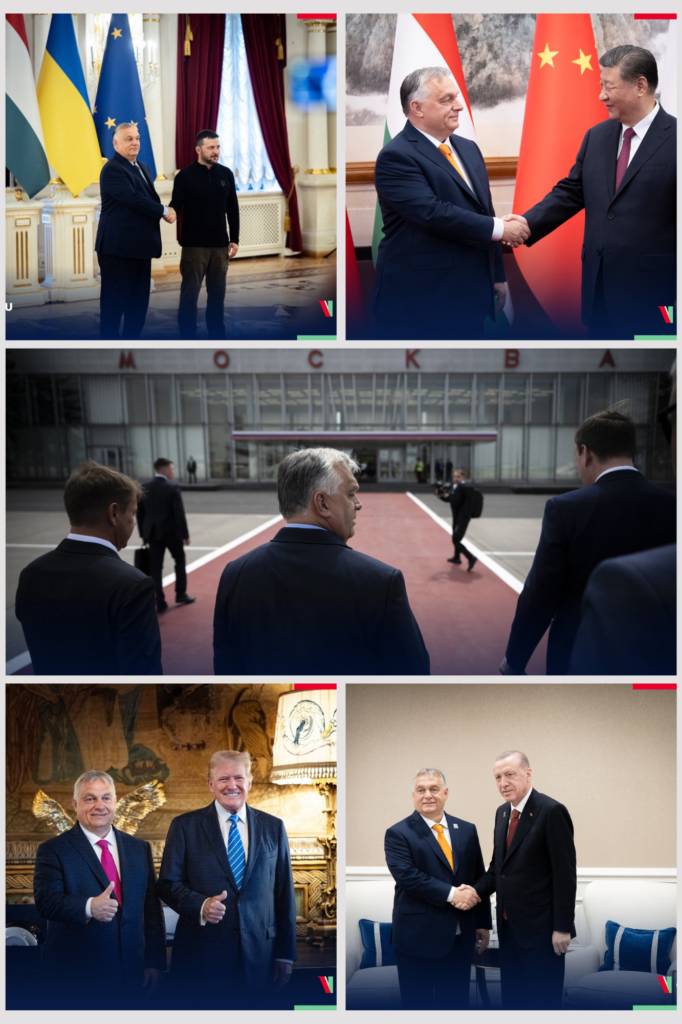
Prime Minister Viktor Orban’s peace mission in July 2024 (Source: Viktor Orban’s Twitter page, Longbrief’s edit)
The Patriots for Europe (PfE) group was recently created under the leadership of Viktor Orbán’s Fidesz party (PfE was formed by the alliance of Fidesz’s Austrian [FPÖ] and Czech [ANO Movement] partners – the editor).
Our party (Fidesz) has left the European People’s Party because we felt that the EPP has grown too close to the socialists and liberals. The party politics in the European Parliament replicated the German model of grand coalition for way too long and the EPP comprised on too many things unnecessarily.
The traditional fault line between right and left has become almost meaningless in Brussels.
Instead, you have the federalist-globalist block comprised of the EPP, the socialists, the liberals, and the greens. They want more powers in Brussels and less in national parliaments. And you have a conservative patriotic block that believes in national sovereignty and identity. We believe that the EU cannot succeed by weakening member states. The EU should help countries cooperate and develop and in turn, strong member states will make the entire EU stronger. Powers should be given to EU institutions only in cases where necessary. I believe that the EU is a means to an end, not an end in itself. We should use it as a tool to make EU countries prosper.
You cannot unite European countries against their will. It has been tried by many empires, but they never lasted.
It is absolutely normal to be a patriot and to love your country. This is beyond the political division of left and right. We have members of our group who come from the right, who came from the liberals, who came from EPP, and some who are brand new parties and were previously not affiliated with any European political party. I think this has great potential because more and more people recognize that more globalism and more power to Brussels means that these decision-making structures are remote and disconnected from citizens and this leads to less democracy.
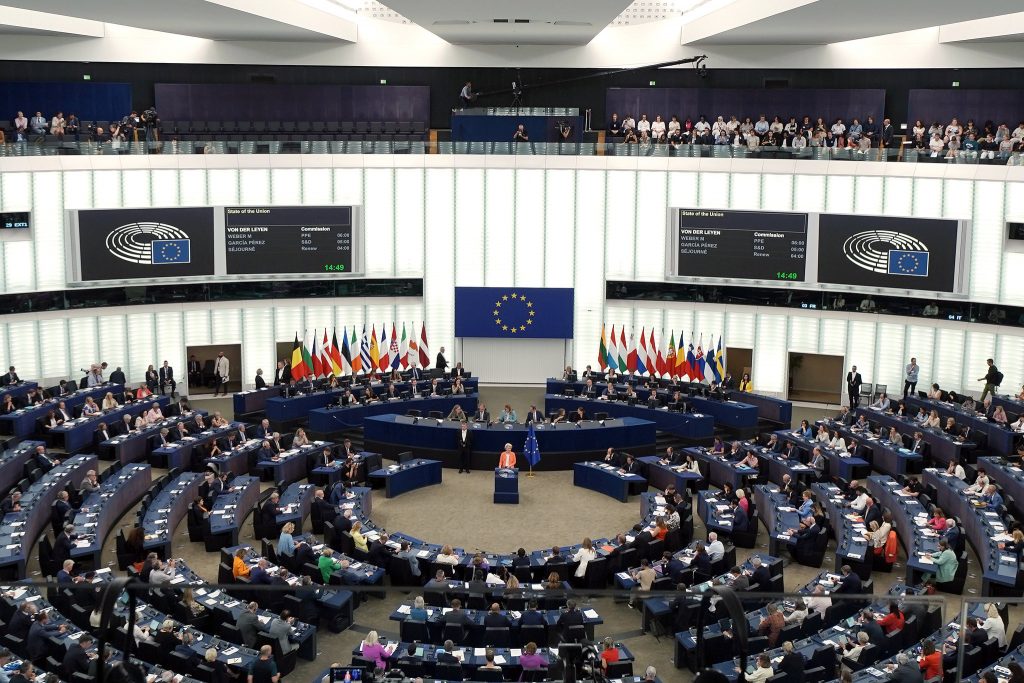
Plenary session of the European Parliament on September 13, 2023, in Strasbourg, France (Photo: EP / Flickr.com)
PfE has been put into a cordon sanitaire. Given that it is the third largest group in the European Parliament, do you think that this kind of strategy on behalf of other groups will have consequences?
The last five years of the von der Leyen Commission have increased and multiplied the crises the EU faces. More of the same will break Europe. The coalition of the EPP and the leftist parties have clearly violated the rules of the European Parliament which require all groups to be represented in decision-making bodies at all the respective levels. We are the third biggest group in the parliament and they fear the potential we have to grow even further and call out the corrupt power deals made behind closed doors. We will be a voice of common sense and represent the will of the majority of European citizens against the will of the elites in Brussels. People want change in Brussels and we will do everything in our capacity to achieve that.
Von der Leyen has been re-elected as President of the European Commission. What can we expect from her new mandate?
Many people claimed that von der Leyen is now stronger politically because she received more votes than the first time, five years ago. In reality, she is much weaker. And the EU is also much weaker than when she first took office in 2019. She had to make promises and rely on the support of more political groups than in 2019 because she is viewed very badly even within her own political family, the EPP. In all honesty, we should not even be talking about the political role or support of the Commission. It was created as a non-political institution that drafts legislation and facilitates cooperation between Member States. The fact that the Commission has become so politicized is in itself proof of the corruption in Brussels.
That being said, I expect her second term to be more of the same: political, financial and legal threats against national governments that would oppose giving more power to Brussels.
The EPP has joined forces with the socialists, liberals and the Greens. It could have moved to the right with the ECR and the PfE. Can we still consider the EPP as center-right?
I used to be an advisor to the EPP Group. I do not consider the EPP to be center-right. There are some national delegations and some MEPs who are center-right, conservatives, even Christian democrats. But they are a minority in the EPP. Nevertheless, there could still be issues on which the Patriots and the ECR could join forces and form a majority with the EPP. But they have been in alliance with the socialists for many-many years now. We’ll have to see if they have the will and the courage to change that.
Viktor Orban has been on a peace mission visiting Ukraine, Russia, China and the United States. Orban has been heavily criticized. Do you think his efforts will bring peace closer? Why do you think he has been criticized?
Primer Minister Viktor Orbán is doing what the majority of EU citizens expect of leaders: to try and bring a negotiated end to the war in Ukraine. His peace mission exposes the weakness of EU leaders and they hate him for it. He is being heavily criticized by elites who refuse to admit that the strategy pursued by the Biden administration, and copied by the EU, has failed.
Two years ago you could still argue that the sanctions will work, it just takes time. You could argue that enough modern weapons will turn the war around and bring a Ukrainian victory. But now we see that western strategy has failed. No country beyond the western world has joined the sanctions.
But there is something very important to note: western strategy has resulted in closer Russian-Chinese cooperation and extended the BRICS group. The global dominance of the West has been exposed to be much weaker than what most people thought. And liberal western elites have no response, they are in denial.
Critics of Orban’s peace mission refuse to acknowledge that even Ukraine is now looking for a negotiated settlement.
Their foreign minister has just recently visited Beijing and President Zelensky openly talks about inviting a Russian delegation to the next international peace conference. The US and Russian defense ministers have recently also spoken via telephone.
European elites who lashed out at the Hungarian prime minister’s diplomatic efforts are completely out of touch not only with the expectations of European citizens, but also the reality on the ground. The EU is so hawkish about the war in Ukraine that it risks being completely excluded from a settlement over Ukraine.
The Ukraine war is a major conflict. If we cannot bring a negotiated end to it and it remains a permanent hot conflict or a frozen conflict, then Europe is destined for decline.
Finally, about the US elections. What happens if Trump returns to the White House?
The next US president will face a very different global situation than Trump did or Biden did when they took office. Trump’s victory seems very likely. He wants peace in Ukraine, which is good news. But he will also put America first and try to keep the US’s leading role in the western world and also globally.
The US will do whatever is best for the US. But will EU elites do the same? We should define and carry out a strategy to defend European interests.
Unfortunately, many simply want to copy what the US Democrats do. We need our own cultural, economic and security strategy. We can only have a strong transatlantic partnership if we can put our own strengths and ideas into this partnership, regardless of who the US president is. I don’t see the current liberal European elites capable of delivering security and prosperity for Europeans. Patriots can and will.

